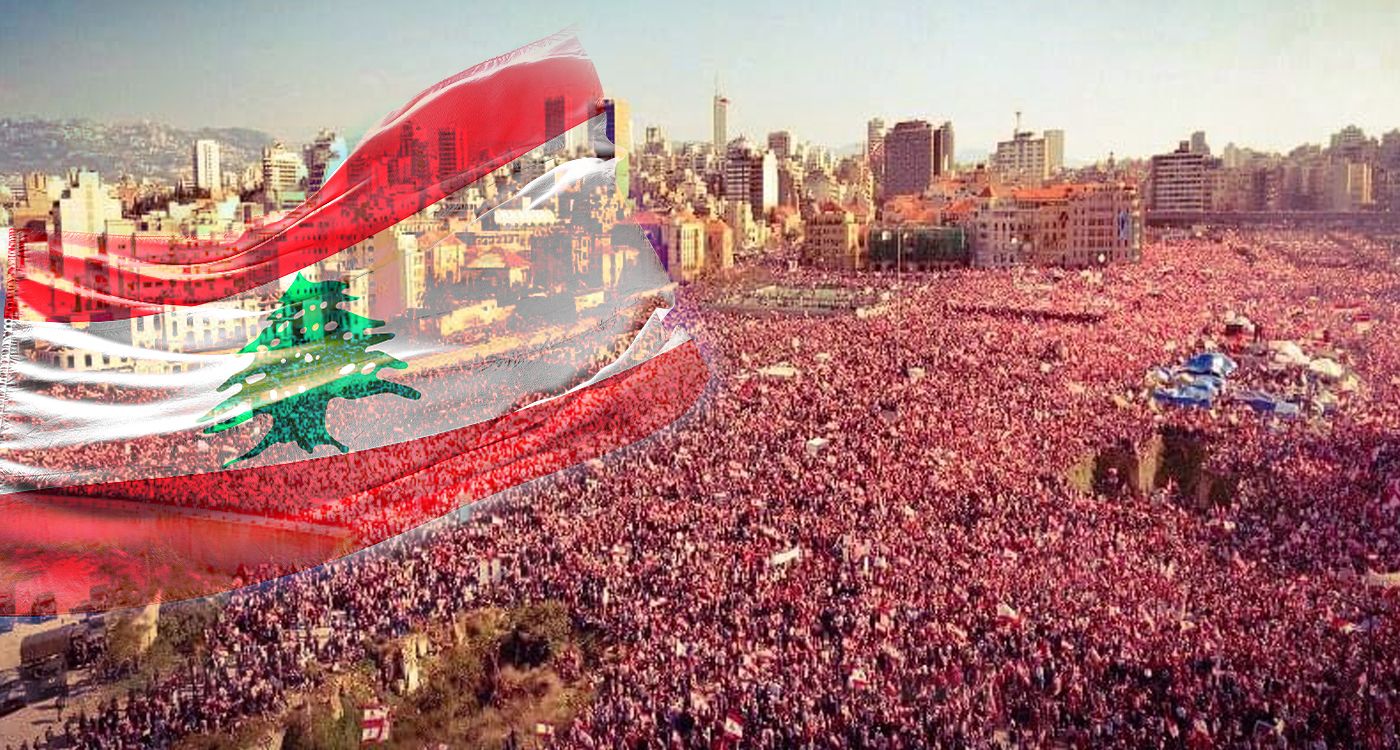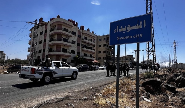
A chapter of bloodshed and tyranny in Lebanon’s modern history has drawn to a close — a chapter defined by half a century of occupation and killing tyranny. However, today heralds a beacon of hope: an opportunity to seize this historic juncture and flip another equally somber page — the nearly century-long narrative of tumultuous and conflicted relations between Lebanon and Syria.
Since the proclamation of Greater Lebanon in 1920, bilateral relations quickly became fraught, driven by the repeated attempts of successive regimes in Damascus to absorb the emerging Lebanese state. These efforts sought to impose political hegemony, pressuring Lebanon to align with their dirigiste economic policies and adopt their societal vision.
Georges Naccashe captured this existential struggle with striking clarity in an editorial dated March 9, 1950. Addressing Syrian Prime Minister Khaled al-Azem during a period of heightened economic discord between the two nations, he wrote: “Where you envision ‘walls,’ ‘barriers,’ and ‘moats,’ our history proclaims ‘open spaces,’ ‘free horizons,’ ‘exchange, and movement’ (…). If not for liberty first and foremost, Lebanon would be nothing (…). We embody a universal coalition of ideas and riches from various peoples (…). Do not ask us to wall ourselves in with you.”
The divide that Georges Naccashe denounced seventy-five years ago must now be definitively overcome, spurred by the irresistible popular revolution that, in just ten days, ended over fifty years of bloody dictatorship and the relentless dominance the Assad family sought to impose on Lebanon. In this context, the Syrian rebel leadership sent a message to the Lebanese, just forty-eight hours before the fall of Damascus, advocating for bilateral relations based on “mutual respect for the rights of peoples, free from any interference in each other’s affairs.” The message noted that the Lebanese had “suffered as much as the Syrian people from the misdeeds of the Assad regime” and called for amicable relations between “the two peoples and the two states.” This final point carries symbolic weight, as it starkly contrasts with the Assad regime’s insistence on the idea of “one people in two states.”
Until proven otherwise, this Syrian revolution demonstrates a commitment to respecting the particularities and sovereignty of each country. If this principle holds, it could usher in a new chapter in bilateral relations, dispelling the fears expressed by Georges Naccashe in his editorial. With the dramatic fall of the Assad regime and the emergence of a new political class in Damascus, the Lebanese population should finally be freed from the belligerent behaviors similar to those that, for half a century, were manifested through murderous, destabilizing and destructive actions.
More importantly, in the wake of the recent popular revolution, there should be no room for outdated policies and practices, such as: serial political assassinations, as in 2005 during the Cedar Revolution; the imposition of repressive, lawless security powers; continued support for militias acting as mini-states defying the national government; stockpiling vast quantities of explosives in residential neighborhoods for suppression; witch hunts similar to those in the 1990s and 2000s targeting dissenting voices; unjust political trials orchestrated by the Lebanese-Syrian security apparatus to neutralize the Lebanese Forces; prolonged imprisonment of political opponents like Samir Geagea, who refused to yield to Assad’s dictates; and large-scale smuggling operations that siphoned off public funds and undermined the sectarian banking system.
With the fall of the Assad regime, the Lebanese — like the Syrians — should finally be able to move past the legacy of over fifty years of Ba'athist rule. This turning point could pave the way for establishing, for the first time, balanced, rational and healthy relations between Beirut and Damascus, built on mutual interests and genuine understanding. In this way, Lebanon could reap significant benefits from the historic impact of the current Syrian revolution.




Comments